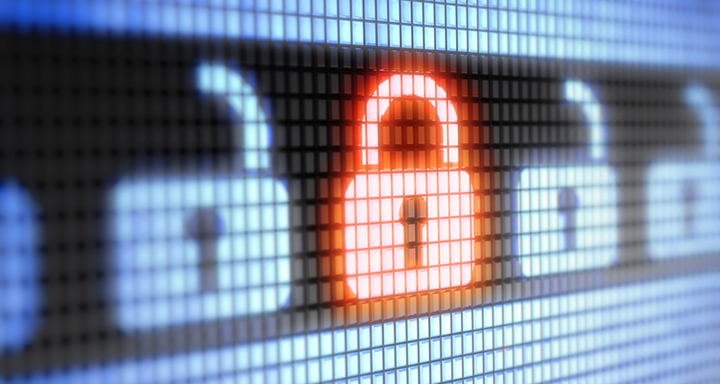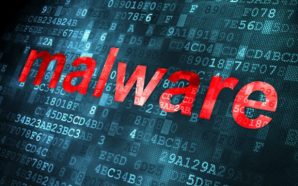Most of us live our lives on computers. Every day, most of us sit in front of computers to get our work done. We use the internet to conduct business. There are thousands of jobs that can be conducted solely online. Office space is not always necessary to get the job done. With that said, keeping your data secure when working online is very important. If your computer gets infected, your data could end up in malicious hands. Here are some tips to keep your computer secure.
1. Monitor Where Your Apps Are Getting Their Data
Mobile apps can be a great way to do business. People use apps for just about anything now. You can look at your bank account or sell your products or spread news stories. Just remember that all of that data has to be stored somewhere. Make sure you know how your data is being accessed. Put up firewalls to keep your software safe. Firewalls are pieces of software that act as a filter in your application; this is one of the easiest ways to set up your network security. They screen packets (bits of data) and weed out any harmful traffic your site might be getting. If a hacker really wants to get into your app, they will likely avoid one that has security measures in place. They don’t want to spend all of that time hammering against your software. They would rather prey on an application that is less secure.
2. Collect Detailed Logs
Not only can logs help you debug a system, but they can also be used to catch suspicious activity on your network. When the software is running, you should be collecting log data of everything the program is doing and the data that is being accessed and the activity of your users. This can help you in running your enterprise and make following IT security practices easier.
3. Create Specific Access Controls
This is also very important for cyber security. If you have an application that needs to be secure, you should have your customers register and get an account. This form of access control can keep out most hackers. Although, some hackers may still get in, access controls do help. This is also a good way to limit what users can see. You can limit their access to just the things they are allowed to see and do. This will make your system administrator’s job easier.
4. Maintain Patches And Updates
Keep all of your systems up to date with the latest patches; this is essential to your network security. Software companies release these patches when they have found bugs in the system or if there is something that needs to be updated. Downloading these updates can keep your enterprise running smoothly. Having these measures will plug security holes that your software or operating system may create. However, hackers keep up with these patches as well.
5. Watch Out For Social Engineering And Other Scams
Many hackers will send out emails pretending to be your IT department or something similar. They will use this ruse to get your passwords. They may call and give some excuse to get your information. Never give any secrets to someone you are not sure of. Don’t share passwords or confidential data if you are even a little bit unsure of the person asking. It is better to verify and be cautious than to lose all of your customers’ private data. This is a common network security problem.







